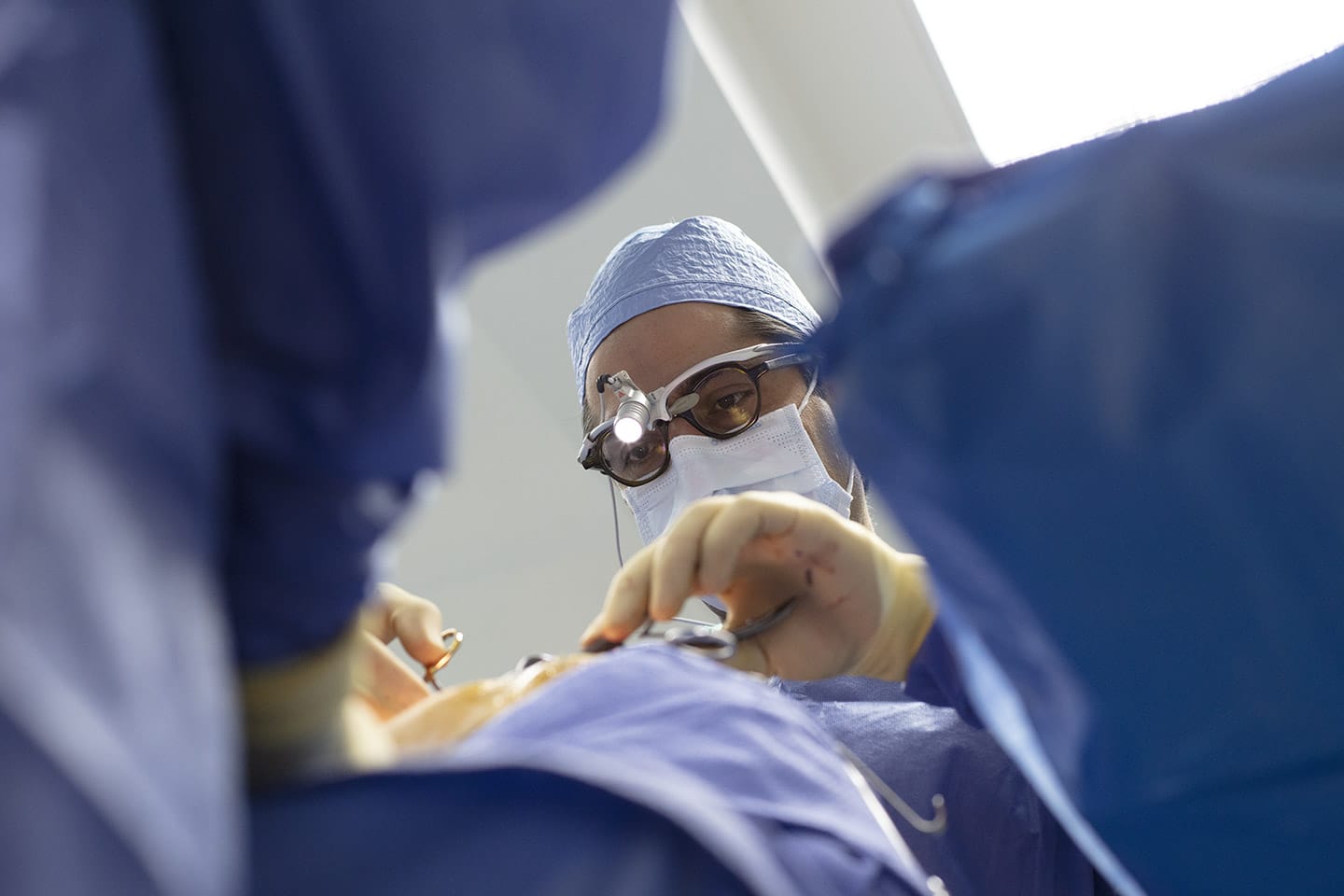What We do to Make the Anesthesia Experience Optimal
Alongside the excitement of anticipating for this life changing surgery, it’s also normal to feel a bit anxious about the procedure you’re about to endure. Dr. Rahban understands these feelings and does everything possible alongside his anesthesiologist to make the process as seamless, and comfortable as possible for you
That being said, specific protocols are taken, combined with preventative medications to lessen the chances of experiencing these side effects:
1. Nausea
It is not uncommon for patients to experience some kind of nausea after general anesthesia. The question becomes, what precautions does your anesthesiologist take to minimize or prevent it? There are medications the anesthesiologist administers to prevent the onset of nausea symptoms through the IV such as
- Reglan
- Zofran
- Droperidol
- Decadron
- Propafal
- IV hydration
- Scopolamine patch
AND WE GIVE THEM ALL TO YOU!
2. Pain
It is inevitable to experience pain after surgery. What patients fear is unbearable pain. Rest assured, there is no reason for that to happen in modern day medicine. Dr. Rahban is very sensitive about your pain and you will not need to convince him of that. There are many things that can be given to control the pain such as:
- Nerve Blocks: Marcaine and Experal (very advanced medications used in spine and orthopedic surgery);
- Prescription pain medications;
- Muscle relaxers.
3. Fear of IV Placement
While this may seem silly to some patients, there are patients for whom the idea of placing the IV preop is very frightening, hence creating a lot of anxiety. Dr. Rahban is very mindful of this. His anesthesia team has extensive experience with pediatrics as well, which provides numerous techniques of placing IVs essentially pain free. One of them is the use of gas anesthesia where you deeply breath the gases to relax you while your IV is being placed. We do everything in our power to make the experience a positive one.
4. Sore Throat
It is possible to have a bit of a sore throat after surgery. This usually happens when your anesthesiologist places the breathing tube at the beginning of the surgery. Almost all do it the traditional way with a laryngoscope and their eyes. It can be rough on the throat hence creating soreness. But with the advent of the glidescope this process should be effortless and atraumatic. A glidescope uses a camera to visualize your vocal cords so the tube can accurately and smoothly be inserted with NO trauma to the tissue. Dr. Rahban strongly feels this should be the standard of care and ALL of Dr. Rahbans anesthesiologists use this instrument.
5. Intra Operative Awareness
This has become an urban legend. Modern day anesthesia is almost bullet proof and patients get multiple drugs that places them into a deep sedative state. Hence it is nearly impossible to wake up during your procedure. Perhaps with conscious sedation which is a lighter level of anesthesia, this can occur but Dr. Rahban only uses general anesthesia as this is one of the many benefits that he likes.
6. Deep/Calm Extubation
This is perhaps Dr. Rahbans most important criteria when selecting an anesthesiologist to take care of his patients. It’s the ability to extubate the patient while still in a deep sedation. When a patient is waking up from anesthesia, they go through levels of consciousness. Most less trained anesthesiologists wait until you are close to being fully awake before removing the breathing tube. They do this in order to makes sure you can control your airway and don’t have complications. However, as you enter this state you tend to awaken more agitated which raises your blood pressure amongst other things. This can compromise your outcome, increasing your risk of damaging the tissue leading to a sore throat.
Highly skilled anesthesiologists can time the removal such that you are more deeply sedated, hence in a very calm and peaceful state. Timing it just right requires extensive knowledge and few such anesthesiologists exist.
For additional information, check out the two-part series of Plastic Surgery Uncensored where Dr. Rahban and his favorite anesthesiologist have a one on one discussion on the ins and outs of anesthesia.










